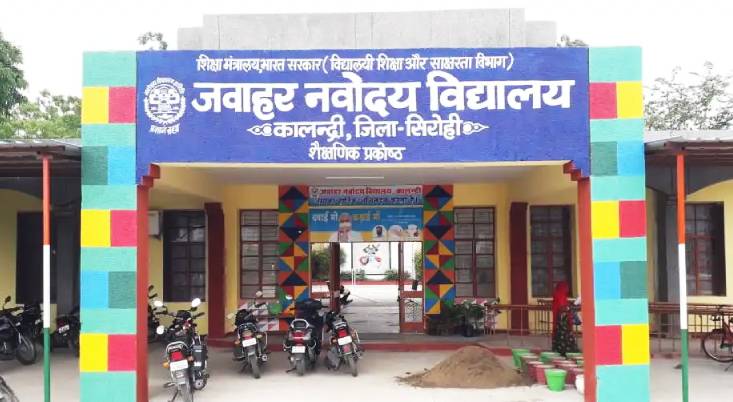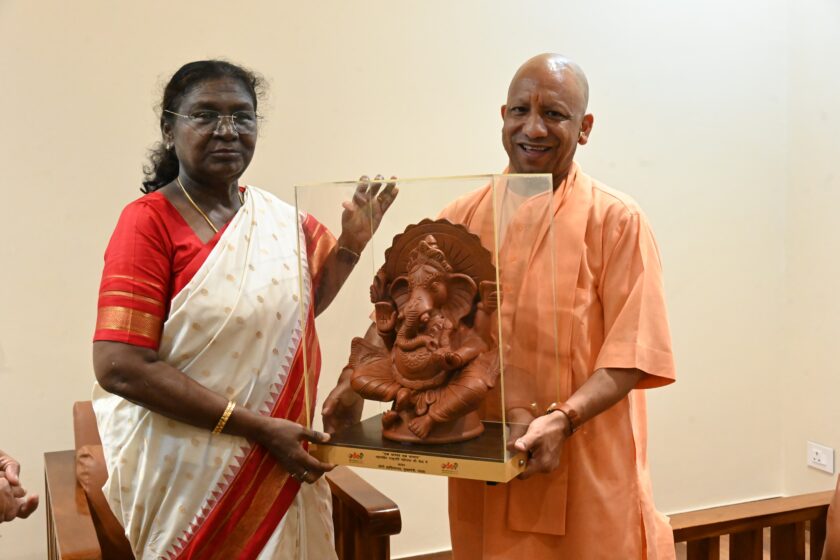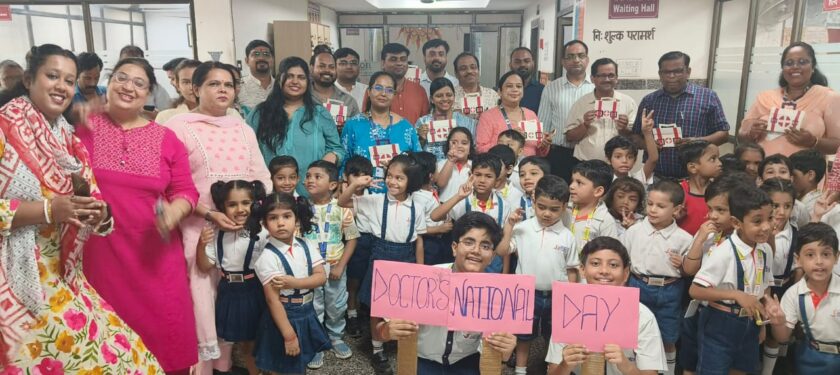Celebrating Stories, Ideas and Heritage
Lucknow: The second day of the Koshala Literature Festival offered a captivating mix of insightful discussions, evocative storytelling and cultural reflections, leaving audiences deeply engaged and inspired. Here are the highlights from today’s sessions:
The day began at Gomti Lawn with “Navigating the Future”, where Saurav Jha and Sanjeev Sanyal, in conversation with Jayant Krishna, examined the critical links between geopolitics and economics in a world shaped by conflicts such as those in Ukraine and the Middle East. Their analysis of economic nationalism and India’s vital role in the evolving global order struck a chord with attendees.
This was followed by “Echoes from the Unpartitioned Times”, where Malavika Rajkotia and Aanchal Malhotra engaged with Eric Chopra to explore the lasting legacy of Partition. Through personal accounts and historical artefacts, they unearthed profound stories of resilience and identity, offering a nuanced understanding of Partition’s enduring impact.
Simultaneously, at Gadge Auditorium, Aparimay Shyam Das and Raj Smriti explored the essence of devotion in “Bhakti: Sanatan Ka Aadhar”. This insightful conversation highlighted Bhakti’s transformative power and its role as the cornerstone of Sanatan Dharma, offering timeless wisdom to inspire spiritual journeys.
Later in the day, Harshita Gupta’s session “Unloved: The Art of Moving On” resonated deeply with many. In conversation with Maroof Culmen, Gupta shared practical advice and emotional insights on healing from heartbreak, guiding attendees through the path of reclaiming strength and rebuilding after loss.
The exploration of timeless themes continued with “Mahabharata”, where Purushottam Agarwal, in conversation with Anubhav Tyagi, delved into the epic’s relevance to contemporary life. From questions of morality and duty to the human condition, Agarwal offered fresh perspectives on how the Mahabharata continues to illuminate modern struggles.

At Gadge Auditorium, Saurabh Kirpal and Malavika Rajkotia engaged in a compelling discussion on “The Equality Code”. Moderated by Somya Singh, the session addressed the intricate challenges of inequality in India, providing thought-provoking insights into the ongoing pursuit of justice and fairness in a diverse society.
The festival also celebrated India’s linguistic heritage with “Char Kos Pe Badle Vaani”. Chandra Shekhar Varma moderated a vibrant discussion with Ashutosh Shukla, Suman Keshari and Atma Prakash Mishra, exploring the literary richness of regional languages like Bhojpuri, Maithili, Brajbhasha and Awadhi. The panel called for recognising these languages as distinct entities with rich histories and significant contributions to Indian literature.
Adding a poetic flourish, “Ishq Mein Lucknow Hona!” celebrated the city’s unique culture, cuisine and tehzeeb. Maroof Umar, Taiyaba Ali and Taha Ahmad, in conversation with Raj Smriti, brought Lucknow’s charm to life through stories, poetry and reflections, evoking its timeless allure.
The day concluded with two deeply personal and reflective sessions. In “This Land We Call Home”, Nusrat Jafri and Aanchal Malhotra delved into the history of the Bhantu community, tracing their journey from marginalisation to acceptance. The session highlighted themes of identity, belonging and resilience, offering a poignant look at India’s socio-cultural fabric.
Meanwhile, Shenaz Treasury brought a lighter, yet equally heartfelt, touch with “All He Left Me Was a Recipe”. In conversation with Gaurav Prakash, she shared tales of love and culinary adventures, blending humour and warmth in a delightful exploration of modern romance.
The second day of the Koshala Literature Festival was a celebration of the power of dialogue and storytelling to connect hearts and minds. As the festival continues, audiences can look forward to more enriching discussions and unforgettable experiences.





